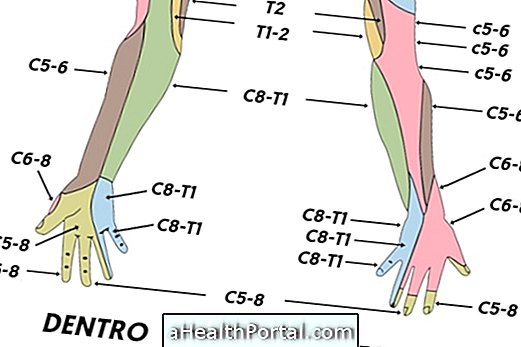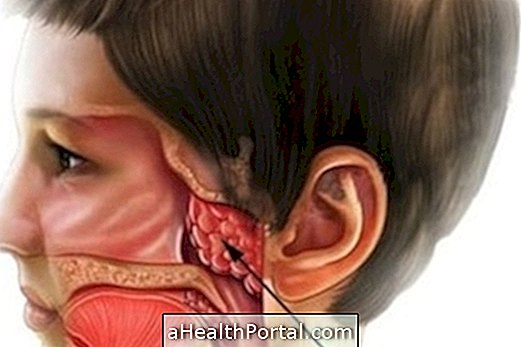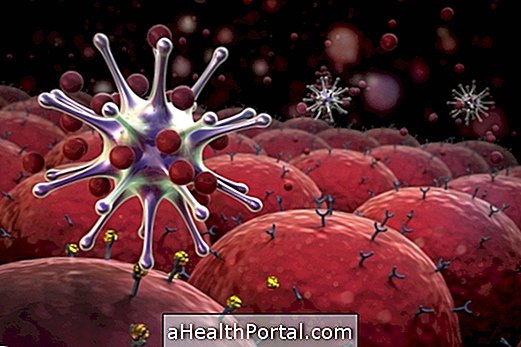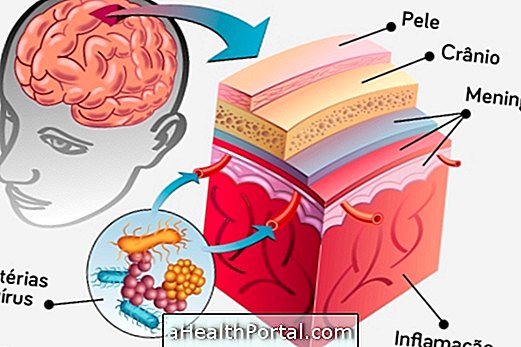Although the general practitioner is able to treat many diseases, there are medical specialties that are more specific to some diseases or parts of the body. Thus, the general practitioner can be consulted especially for more common problems such as tonsillitis, flu, muscle aches or sinusitis, for example.
However, in the case of chronic or more specific diseases, it is best to consult a specialist in the area, as you are better aware of the different treatment options available.
To know which doctor to look for, write down your symptom or part of the body you need to treat:

The following indicates which is the best doctor who should treat some of the most common diseases:
Most Common Medical Specialties
1.Gastroenterologist
It is the doctor who specializes in problems affecting the gastrointestinal tract and therefore can take care of other diseases like gastritis, hemorrhoids, ulcer, Crohn's disease and diverticulitis.
Hepatologist
It is the doctor who takes care of the liver and so is the specialty indicated for when there are problems, rare or chronic diseases that affect this organ such as cirrhosis, hepatic steatosis or hepatitis, for example.
3. Otorhinolaryngologist
This specialty deals with problems related to the throat, ears or nose, such as pharyngitis, hoarseness, labyrinthitis, nose problems, laryngitis, tonsillitis or swollen adenoids, for example.
4. Pneumologist
It is the doctor who treats diseases that affect the lungs, as is the case of pneumonia, bronchitis or tuberculosis, for example.

5. Endocrinologist
This specialty deals with problems related to the functioning of the endocrine glands or related to hormonal changes, as is the case of diabetes, obesity or thyroid. In addition, the endocrinologist also treats sleep disorders, such as insomnia or snoring, for example.
6. Cardiologist
This is the doctor who treats problems related to heart problems or to the blood circulation, such as high blood pressure, heart attack or heart failure.
7. Orthopaedist
This specialty takes care of diseases in the spine, bones, disc hernia, parrot beak, sprains, arthritis and arthrosis, for example.
8. Psychiatrist
It is the specialty that treats various psychiatric illnesses such as postpartum depression, Borderline syndrome, nervous breakdown, schizophrenia, bipolarity, personality disorders or hypochondria.
9. Allergologist
This is the specialty that deals with allergies in any part of the body like eyes or skin, for example.

10. Urologist
This is the doctor who should perform the prostate exam, as well as being the specialty indicated to diagnose and treat diseases in the male sexual organs, such as prostatitis or phimosis, for example.
Nephrologist
This is the medical specialty that diagnoses and treats problems related to the kidneys, such as kidney stone, severe urinary tract infection or kidney failure, for example.
12. Dermatologist
This is the doctor who treats diseases of skin, hair and nails, such as hair loss, dermatitis, skin allergy or fungus on the nails, for example.
13. General Clinic
The general practitioner is the general practitioner to perform a general checkup, which may include performing blood, urine, stool, or electrocardiogram tests, for example. In addition, when there is a problem or illness that needs specific treatment, the general practitioner will refer you to the correct specialty.
14. Gynecologist
This is the doctor who deals with problems related to the female reproductive tract, such as endometriosis, cystitis, genital warts, genital herpes, gonorrhea or syphilis, for example.
When observing any signs or symptoms such as painful sensation without apparent cause, fever, itching, difficulty sleeping or dizziness, it is recommended to seek a general practitioner, and then you can guide which medical specialty needs to be consulted.



















